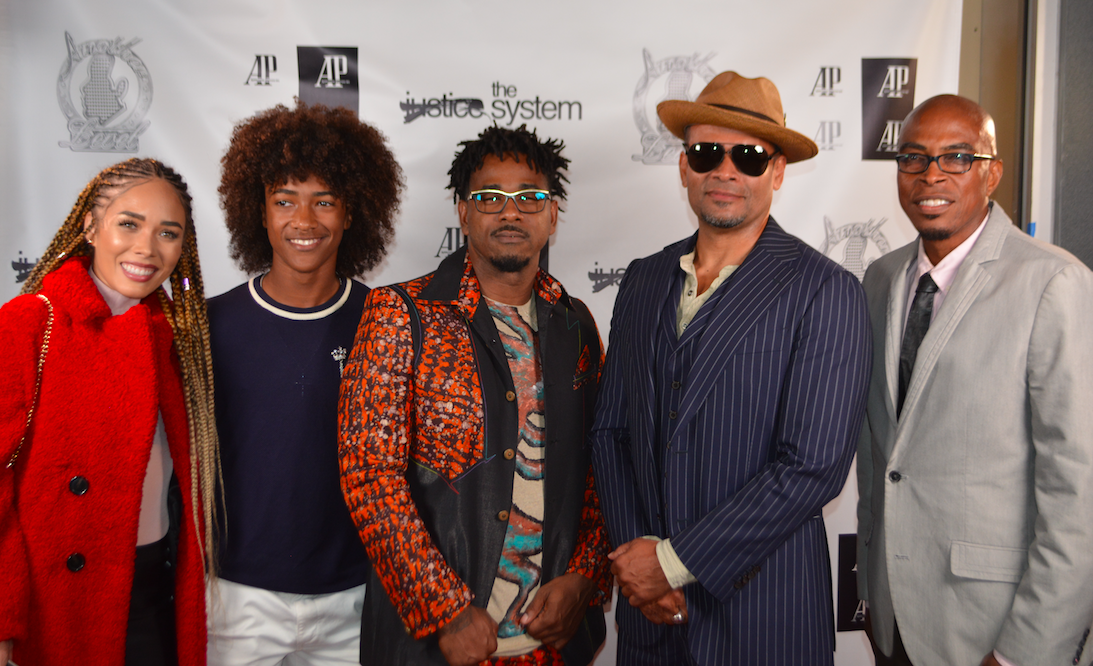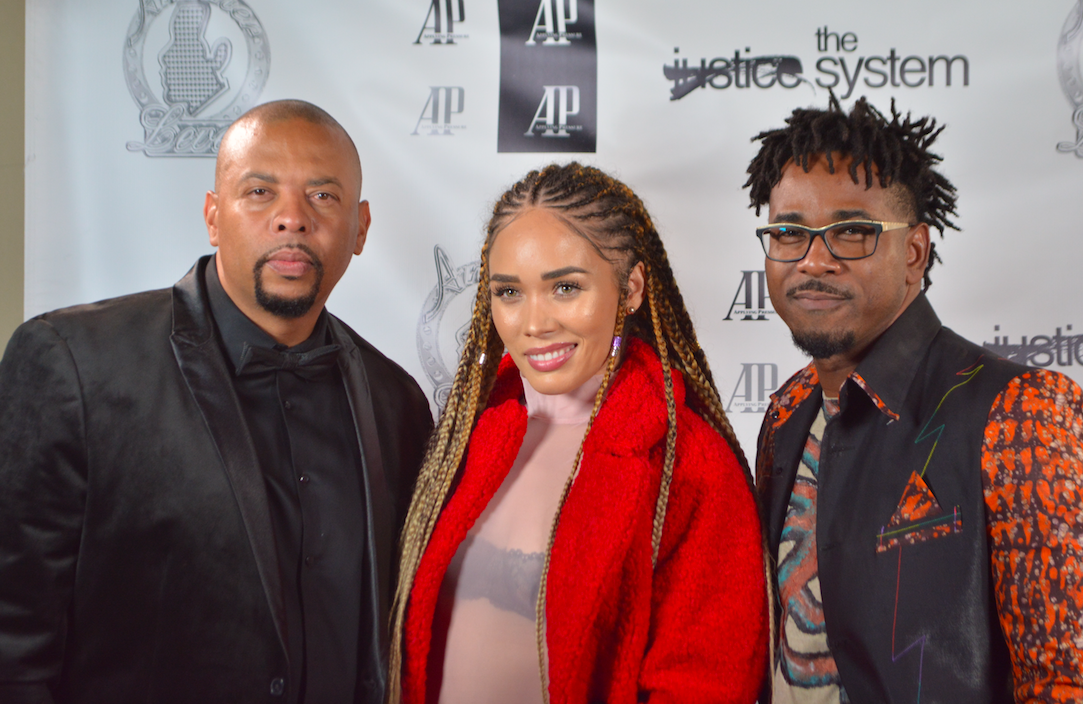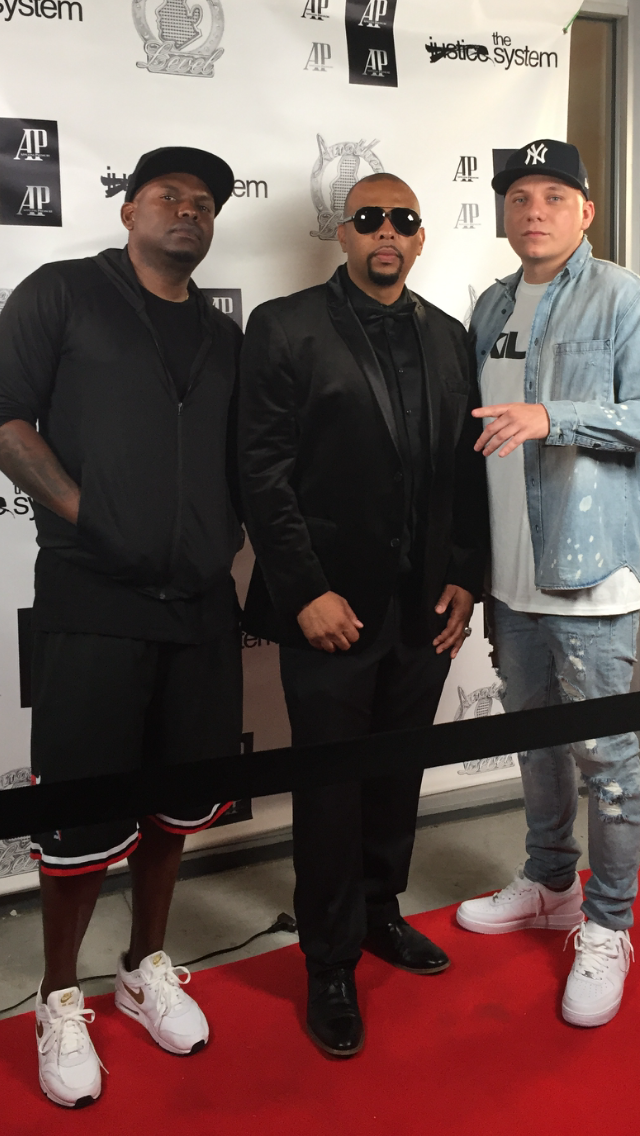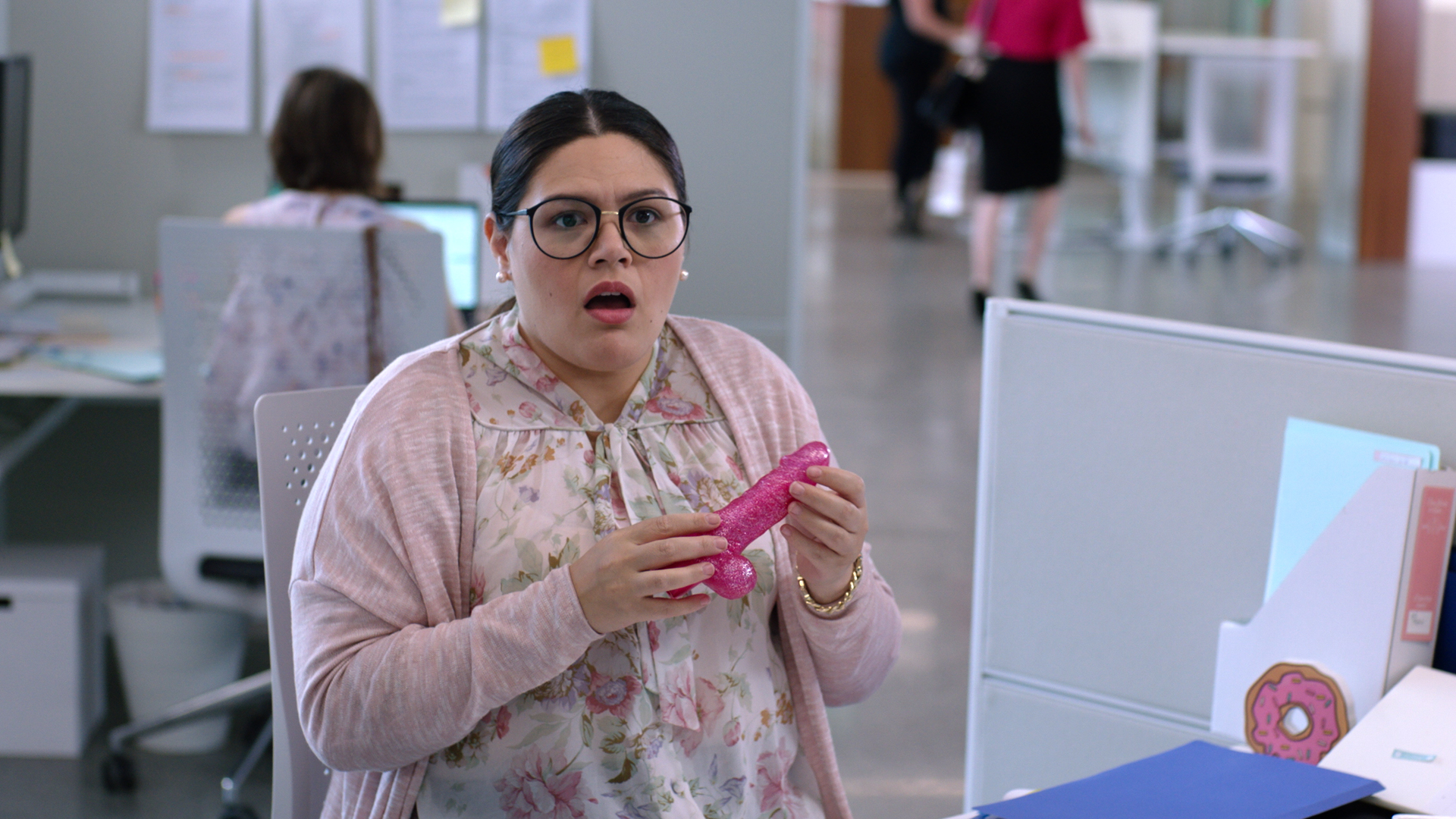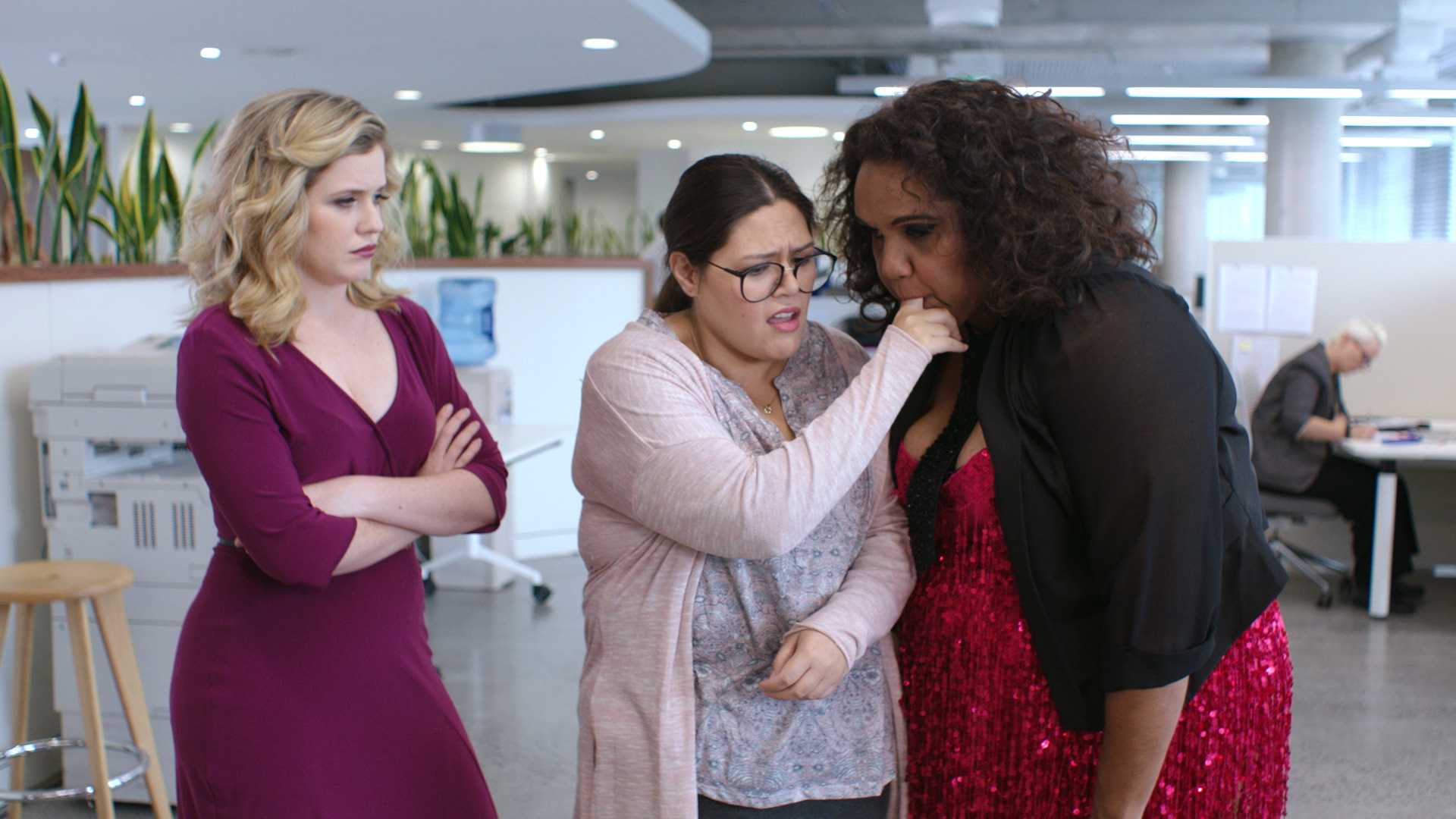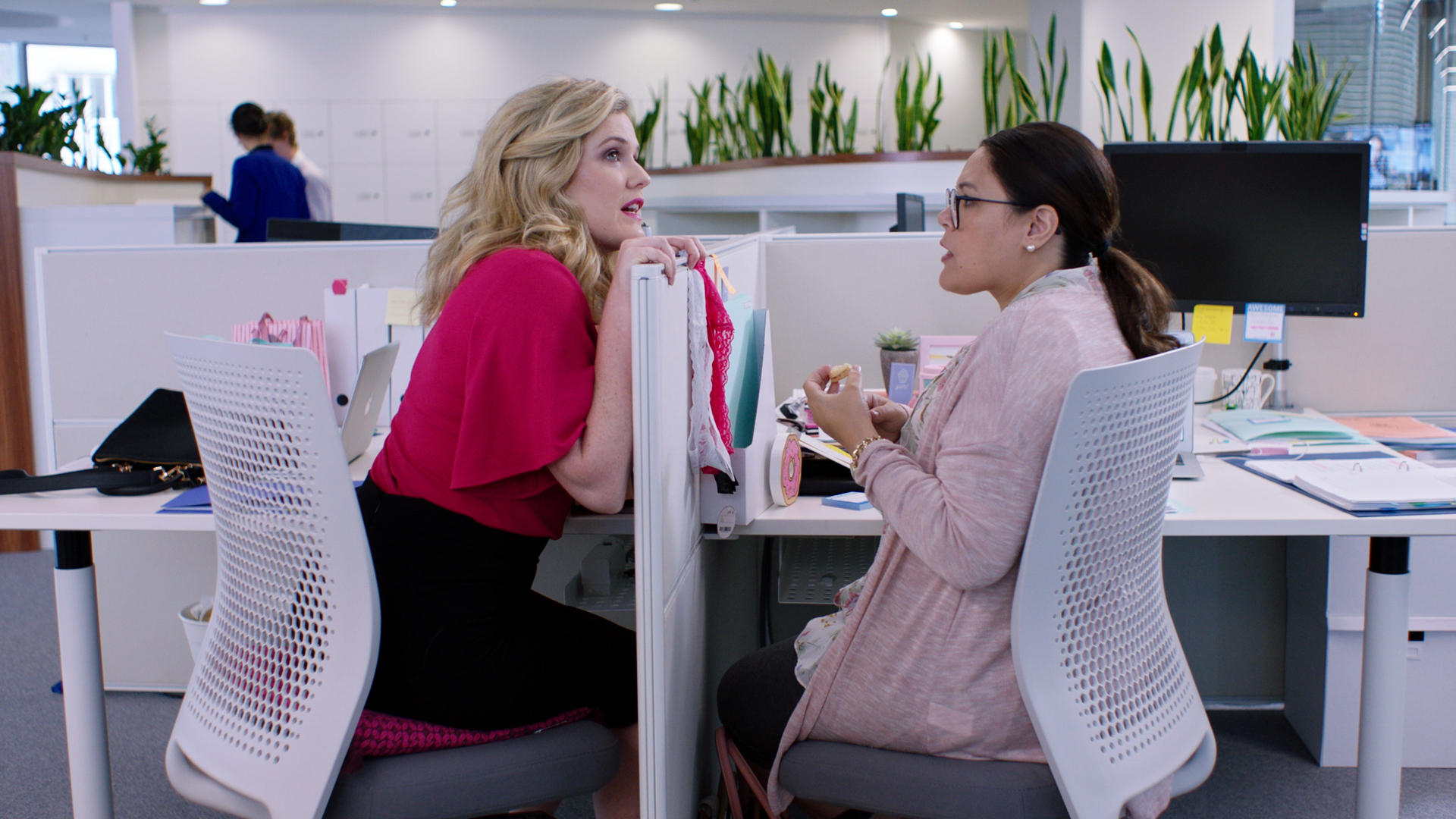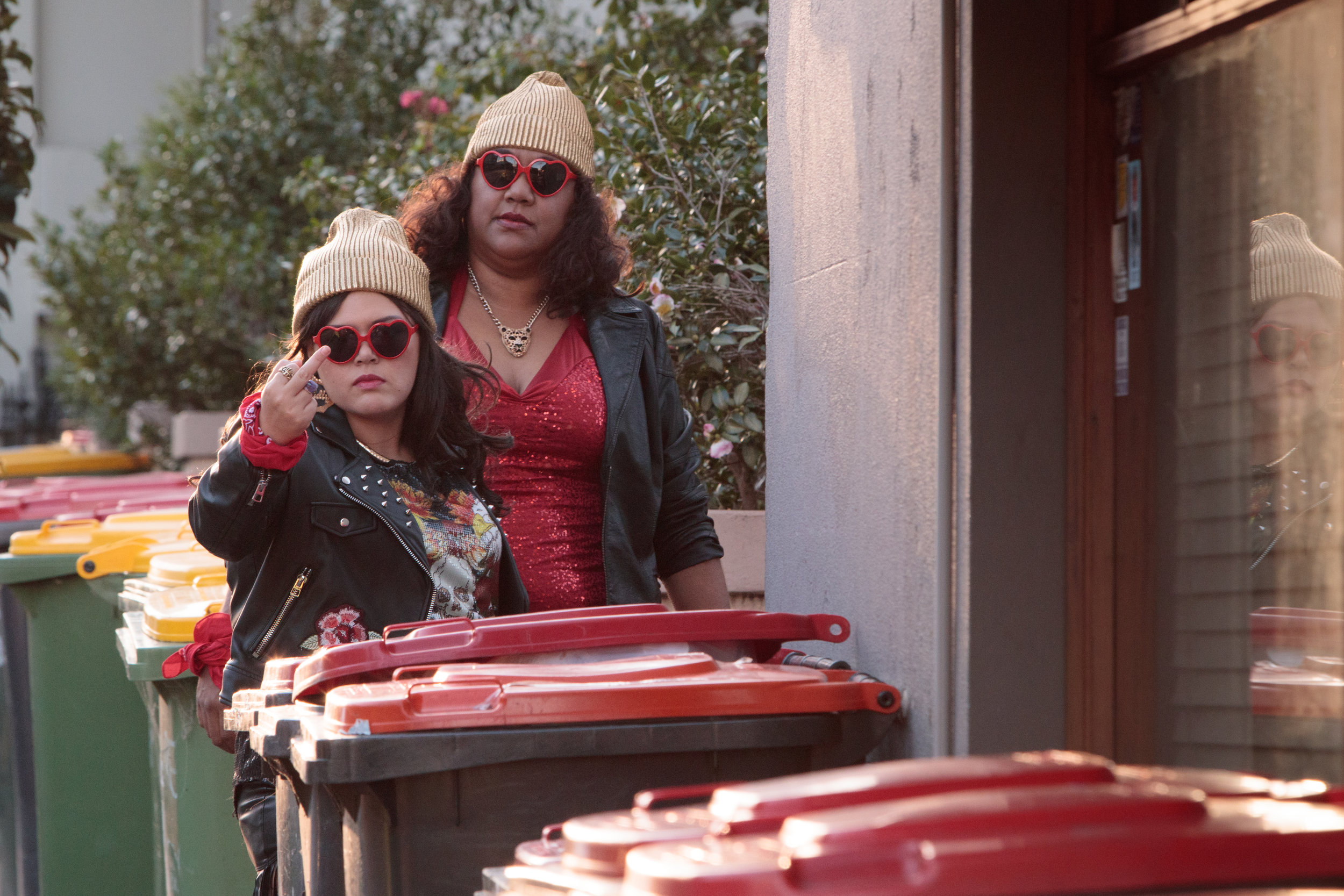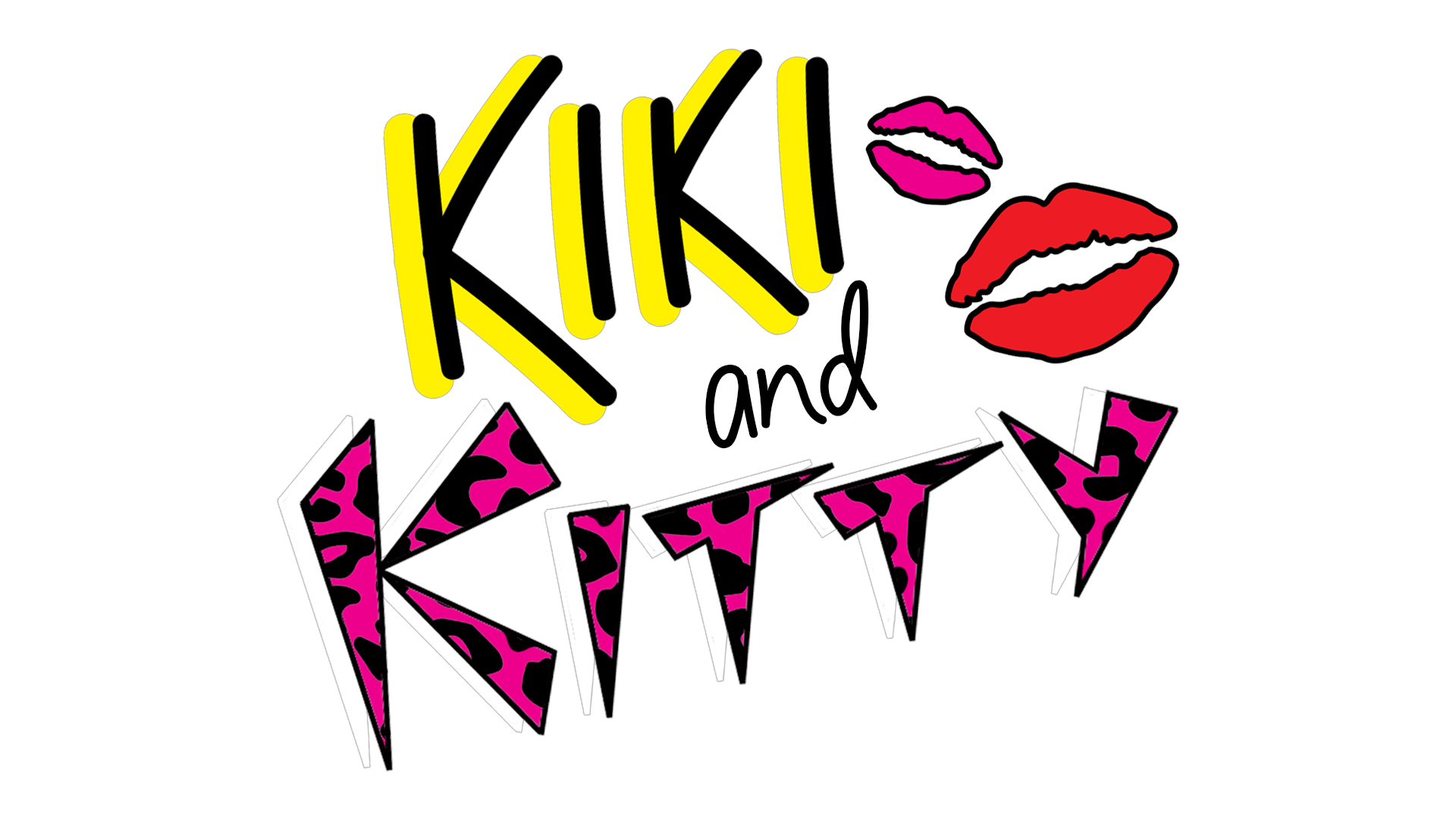Photo credit: Will Thwaites
Anne De Mare is an Emmy-Award winning documentary filmmaker whose feature film exploring the realities of youth homelessness, The Homestretch (Independent Lens), received the 2015 Emmy for Outstanding Business and Economic Reporting - Long Form. She’s the director of the documentary Capturing The Flag, that tells the story of Election Day 2016 from the deeply personal perspective of a diverse team of volunteer voter protection workers in North Carolina that represents the final line of protection for each American citizen’s right to vote.
We spoke with Anne, and here are the excerpts
• What motivated you to make this film, and at this time?
Like a lot of people, I was really disheartened by the lead-up to the 2016 Presidential election. The negativity and divisiveness of the campaigns and the non-stop media coverage was deeply discouraging for so many of the people I knew. So, initially, the film was a response to all that media noise, and also to the narrow, top down focus of our political dialogue. In contrast, here were these everyday citizens - Laverne, Steve, Claire and Trista - who were rising above all that noise and distraction and doing something active to try and make the very process of democracy better. For everyone. By helping their fellow citizens to vote in a world where voting is increasingly complicated. Since the election, the themes explored in the film have only grown in importance, as legal and legislative battles over election laws and redistricting are being waged all over the country.
I’ve come to believe that the role of the citizen has been purposely diminished in the media, and that works its way into the way we talk about our own personal involvement with politics. Capturing The Flag explores what it's like to be a citizen who takes action -- how complicated that can be at times, how discouraging and how exhilarating. It’s also a film about the deeply insidious nature of modern voter suppression, and why it’s so hard for people to fight. Through the making of the film, I’ve re-discovered how important each and every one of us is to the function of our democracy. So I wanted to tell a different kind of story in this moment, in large part because I wanted to find a way to have hope for our democracy again.
• What challenges did you face making this film, and how did you overcome those?
I’ve never worked on something that was so connected to current events before, and I found that time was a huge challenge for me. I tend to work slowly - my last film took over five years to make - but with this subject matter there was such an urgency to finish in time to inspire action and dialogue around the midterm elections, we finished in a third of that time. It gave me a huge amount of respect for the filmmakers and journalists who work on current events everyday. From a creative standpoint, it was really challenging to find a way to tell this story in a way that consciously fought against the sensationalism of a lot of the media coverage, that slowed down way we usually talk about politics and asked different questions, but was still compelling to audiences. We’ve come to describe it as a slow burn of a film on a hot button topic, but finding that balance took a really long time.
• Why and how you ended up with all female team? How was that experience?
The film was the brainchild of our Producer, Elizabeth Hemmerdinger. When she found out that Laverne Berry volunteered to do voter protection work at the polls, she approached me about taking a small film crew down to record what happened. Initially, we thought we would be making a short about civic engagement and how to participate in democracy, but what we experienced on the ground in North Carolina, combined with the larger direction of the country in terms of the battle over voting rights, led us to understand that we had a much deeper, richer, and more complicated story. The development of the project from a short to a feature, like the development of the producing team itself, was really organic. Elizabeth, Laverne and I had all known and worked with each other in some capacity before, although never in this combination of roles, but it has been a wonderful experience. Elizabeth likes to refer to us as a three-legged stool, and I agree. Filmmaking is a deeply collaborative effort - especially documentary - and we make a good team.
• What do you hope to achieve from this film and it's impact?
Ultimately, I hope the film can re-energize people around the importance of voting, and the urgent need for election reform and fair redistricting laws. At the same time, I hope the film can open people's eyes to the current tragedy that far too many American citizens face very real challenges to voting, and that those citizens are disproportionately in poor and minority communities. We need to fix this if we want to save our democracy. When I set out to make the film, voting wasn’t really my big issue, but I have come to understand it is THE issue. If we can’t fix this, we can’t fix anything.
• What's your message to the voters all over America?
Vote. Vote the whole ballot. In every election. Know your local election law and help your fellow citizens get out and vote. The largest single voting block in America is the roughly 100 million eligible voters who didn't vote in the 2016 election. Get off the sidelines and get involved in the day-to-day reality of how we are governed. Whatever your politics. Elections are often decided by a handful of votes, so understand that your vote DOES matter. Own it. Exercise it. Insist on it. We have the power to change who’s in power. If you don’t like what’s happening, vote your leaders out of office.
You can check more details at
http://www.capturingtheflag.com/

